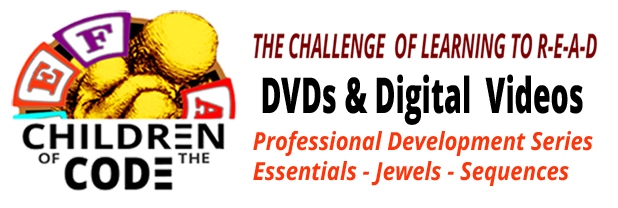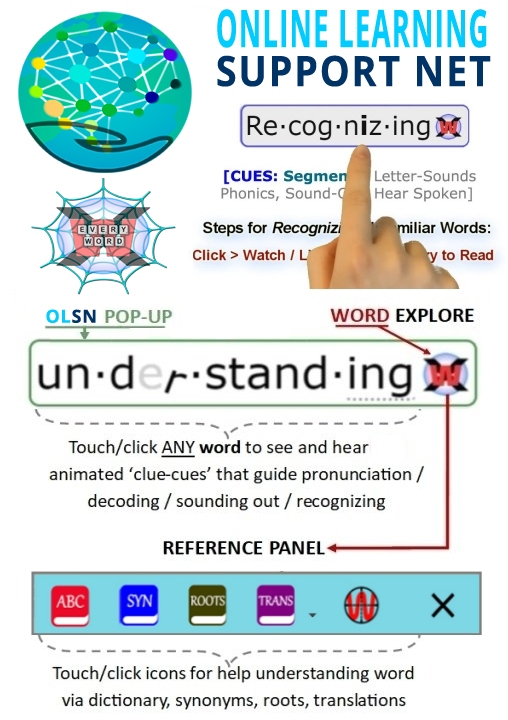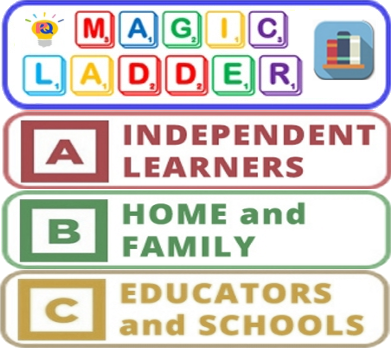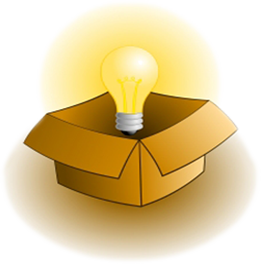Knowledge Gulf
Note: Remember to click on any word on this page to experience the next evolutionary step in technology supported reading.
Knowledge Gulf
Everyday I’m in a school and working with teachers I continue to be astounded by the gulf of knowledge, the gulf between our knowledge base in the scientific community and the practices that go on in teacher training.
Louisa Moats, Director, Professional Development and Research Initiatives at Sopris West Educational Services. Author, Speech to Print: Language Essentials for Teachers, Parenting a Struggling Reader, and LETRS (Language Essentials for Teachers of Reading and Spelling). Source: COTC Interview – http://www.childrenofthecode.org/interviews/moats.htm#KnowledgeGulf
The Challenge
My toughest challenge is not so much the science anymore. The toughest challenge we have is in moving the science to the development of teachers and their preparation, such that what they learn is actually objective and is based upon converging evidence rather than philosophies, belief systems, or appeals to authority. We need to get the information to teachers who have been, in a sense, propagandized into these very broad and general and non-evidentiary kinds of approaches that they use in teaching reading — absolute failures in terms of our scientific tests visa vi their effectiveness.
When I was a teacher I wanted to get up every morning and make a difference in kids’ lives, and when I saw I wasn’t making a difference in kids’ lives that hurt the kids. But it also made me feel dumb, foolish, embarrassed. Our teachers sometimes feel the same way, but they can only teach what they’ve been taught, typically.
Teachers come to these very complex interactions, to teach reading for example, with a very limited set of knowledge modules, if you will, a very limited set of concepts in terms of how kids learn to read. Why is Sam having such difficulties? What do I see in pre-school, in kindergarten that might give me a red flag so that Sam is not hindered by all of the flops and problems that occur down stream from reading failure?
That’s a very difficult thing to do. The resistance in the educational community, particularly at the higher education level where teachers are trained, is enormous, almost unbelievable. When you show people objective information, non-philosophically driven research that for these kids, these interactions work very productively such that where a youngster was at the 10th percentile in reading before, and is now at the 60th percentile in reading, and you can show that time after time, but you still see substantial resistance from the educational community, it begins to tell us that many of these issues are way beyond the kid issues, these are adult issues. They are fascinating adult issues where human beings are latching on to their beliefs, their assumptions, their egos and their careers rather than looking very clearly at what works, what doesn’t, making sure people know what works, measuring it and getting the kids up to snuff.
G. Reid Lyon, Past- Chief of the Child Development and Behavior Branch of the National Institute of Child Health & Human Development, National Institutes of Health, Current senior vice president for research and evaluation with Best Associates. Source: COTC Interview – http://www.childrenofthecode.org/interviews/lyon.htm#challenge













